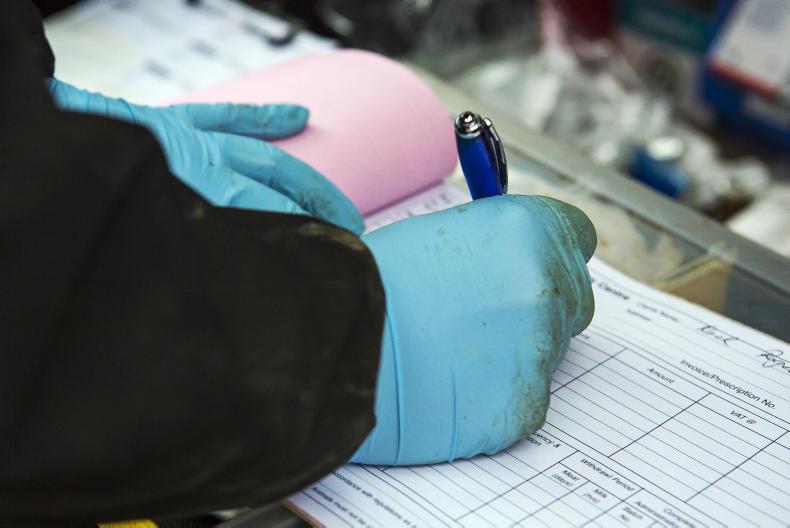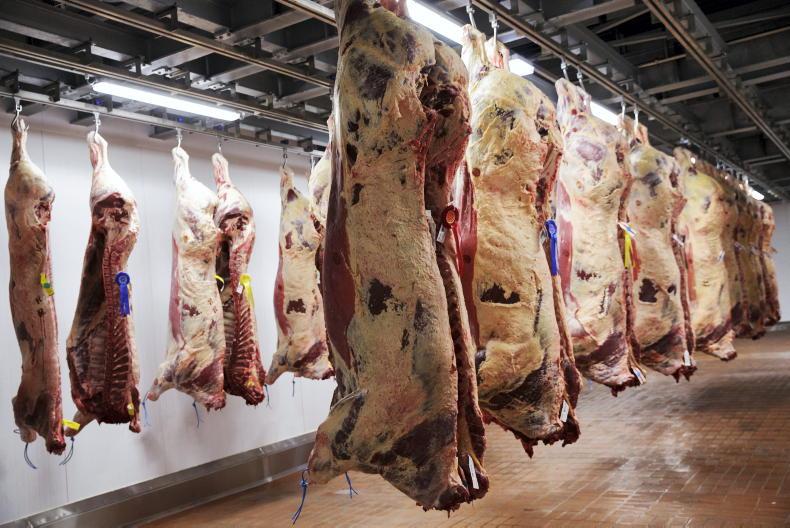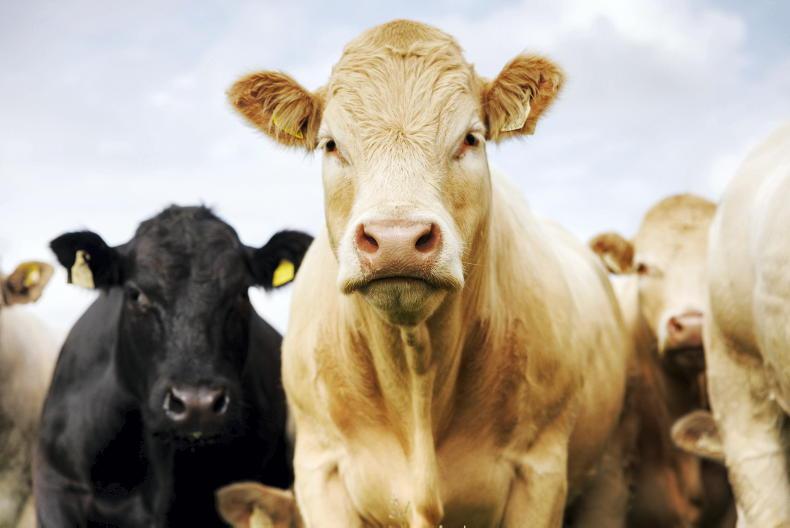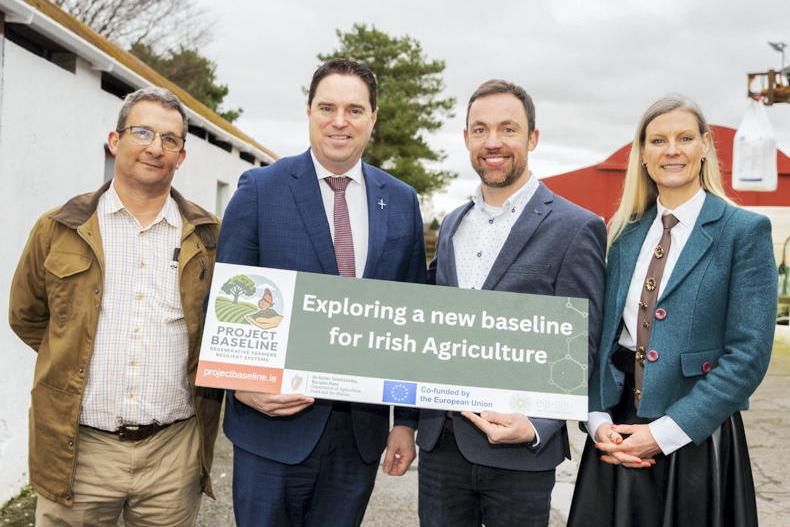Donegal farmers have been left in limbo as their TB test results have not been updated and they are unable to sell cattle following the closure of their veterinary practice on Thursday 22 August.
“I got my cards back stamped when the test was clear at the end of August,” one farmer told the Irish Farmers Journal.
“But all that’s showing up on the Department of Agriculture website is the results from last year.”
A notice on the door of the practice appeared on 22 August announcing a temporary closure
Without a clear TB test, a number of farmers who were clients of Donegal Animal Hospital will now be unable to sell their cattle as peak weanling sale season approaches and ground conditions worsen due to poor weather.
The vet practice entered into a lease agreement with the international corporate entity Independent Vetcare (IVC) in January this year.
A notice on the door of the practice appeared on 22 August announcing a temporary closure.
This raised concerns among farmers in remote, western areas of Donegal that they would be left without veterinary services.
Permanently closed
However, practice manager Leonard Roarty told the Irish Farmers Journal that staff have been verbally informed that the practice will now be permanently closed.
“I got a phone call from the acting practice manager who said they were acting under the IVC operations manager Darren MacKintosh, to give formal notice that the practice was closing permanently and they would be sitting down to discuss redundancy packages or relocation,” Roarty said.
“They said it was due to circumstances beyond their control.”
The situation in Donegal reinforces our concern that these corporate lay entities would cherry-pick the most profitable parts of a practice
Veterinary Ireland has called on the Veterinary Council of Ireland and the Department of Agriculture to investigate the situation.
“The Veterinary Practice Act is clear that veterinary service can only be provided by vets,” chief executive of Veterinary Ireland Finbarr Murphy said.
“The situation in Donegal reinforces our concern that these corporate lay entities would cherry-pick the most profitable parts of a practice and discontinue the less profitable parts as seen in the UK.
“There’s a huge role for the Department and Veterinary Council of Ireland to clarify that a lay person can have no role in the operation of a veterinary practice.”










SHARING OPTIONS